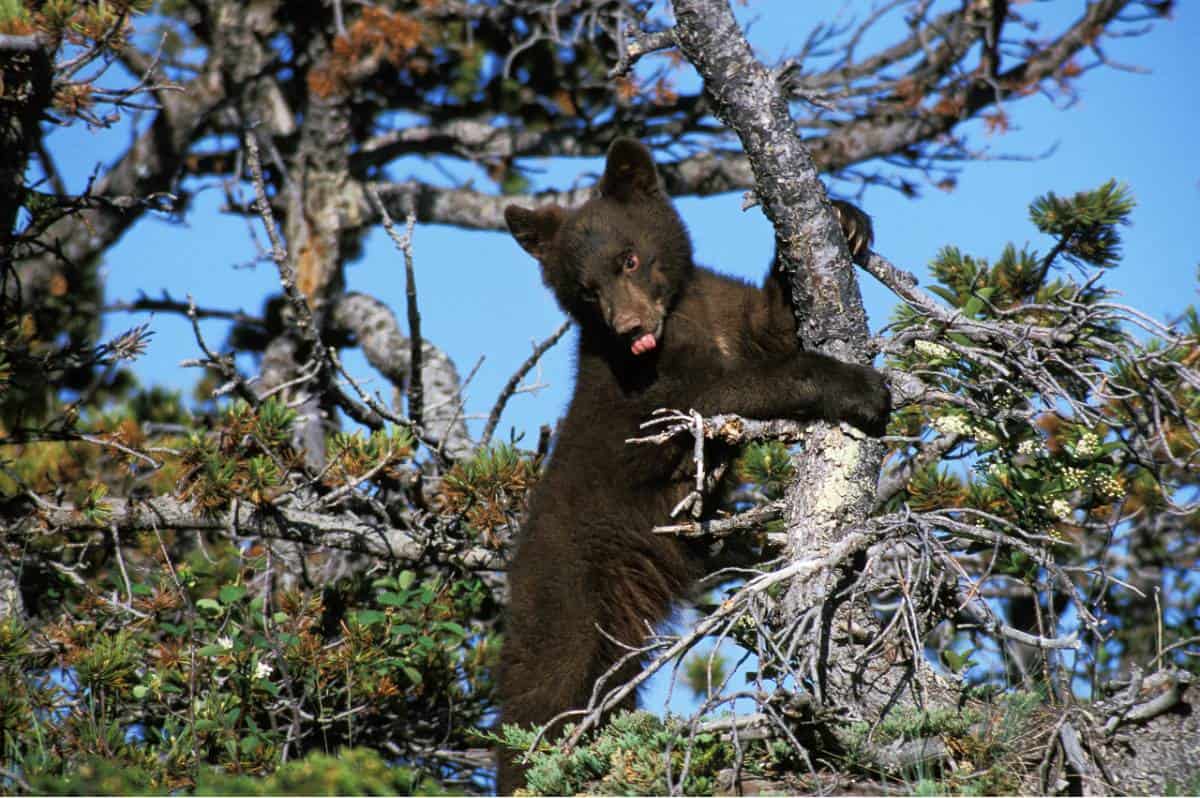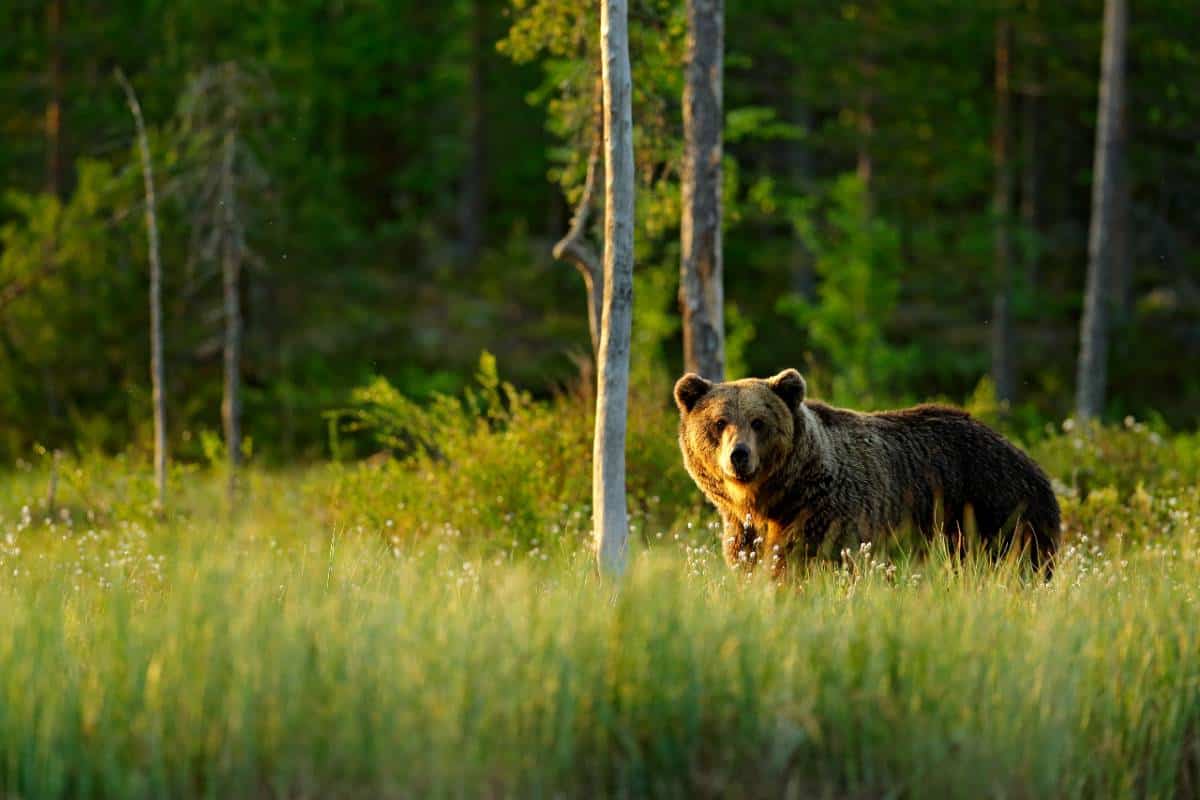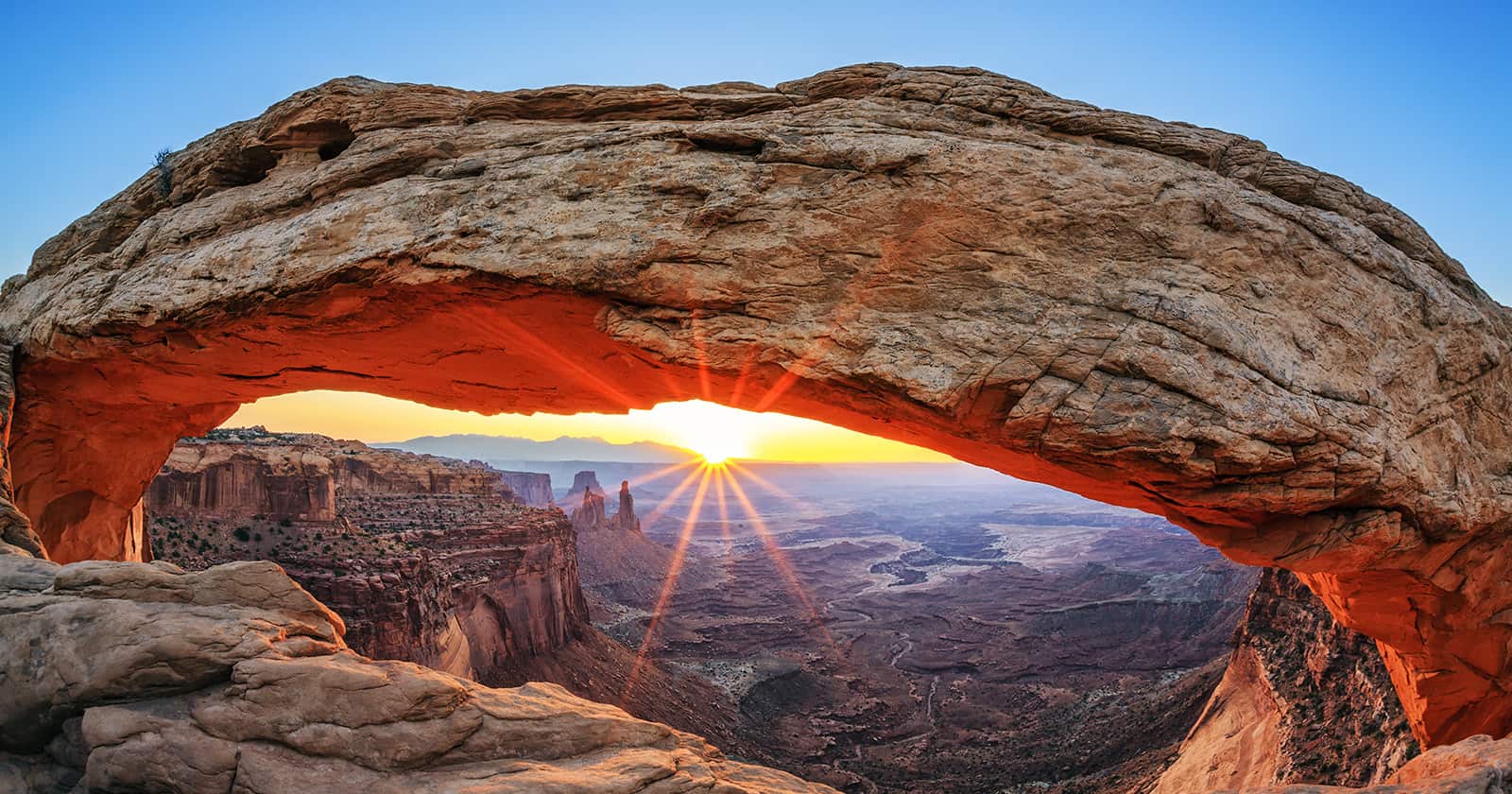Understanding Bear Behavior and Preventing Conflicts
Bear safety is an essential part of camping across the country. Of course, the first steps are to prevent attracting bears to campgrounds in the first place. However, sometimes a bear encounter is inevitable, and we should be prepared and know what to do if that happens.
Minimizing our impact on the places we camp should always be at the front of our minds when we’re camping. Some of the main ways to do this are by staying on marked trails, camping in designated areas, avoiding fires when there are bans in place, and taking all garbage with you when you leave. But just as important as all that is making sure we don’t have a negative impact on the animals that live where we are visiting.
One of the most affected animals is bears. In Colorado alone, authorities have to euthanize 110 bears annually. Bears must be euthanized once they’re deemed dangerous, which happens once they break into a human structure. Most of these encounters are caused when bears become food-conditioned.
How to Prevent Attracting Bears Into Campgrounds
It’s up to humans to take action when camping so that we don’t inadvertently or purposefully attract bears to campgrounds. Here are a few simple steps that you can take to do your part in preventing the unnecessary euthanasia of bears while also keeping you and your family safe.
Store Food Properly
One of the main ways to practice bear safety is to store food properly. Bear-proof containers, such as bear canisters or bear-proof coolers, are specifically designed to keep bears out of your food. These containers are made of hard plastic or metal and have a locking mechanism that bears cannot open.
If bear-proof containers are unavailable, you can hang food and scented items from a tree using a bear bag or bear hang. Find a tree with a strong branch at least 10 feet off the ground and 4 feet from the trunk. Then, use a rope to hang your bear bag from the branch.
Dispose of Trash Properly
Bears are attracted to the smell of food, so it is important to dispose of trash properly. Remember the 7 principles of Leave No Trace.
Take all of your trash with you when you leave the campsite. This includes food packaging, used toilet paper, and any other items that you brought with you. Many camps have designated trash bins for disposing of waste. Use these bins to dispose of your trash, and properly secure the lid to prevent wildlife from getting into the garbage.
Keep a Clean Campsite
It’s crucial to keep your campsite clean to avoid any tempting smells that might attract bears or other wildlife. This means washing dishes and utensils immediately after use and disposing of the dishwater properly. Try to cook and clean at least 100 yards away from your tent to reduce the risk of attracting bears.
If this is not possible, cook in a well-ventilated area to minimize the smell of food. If cooking over a campfire, ensure no scraps remain when you’re finished. In addition, if you spill any food products, clean them up as best and as quickly as you can.
Make Noise to Ensure Bear Safety
Bears are generally timid animals and will avoid humans if they can. Making noise, such as talking or singing, can help prevent bears from approaching your campsite. This advice is just as important when hiking as when hanging out at camp. You can carry a bear horn or whistle to use if you encounter a bear. There are also bear bells that can help alert bears when you’re hiking.
Why It’s Important to Deter Bears

Each year, tourists are seen feeding bears and other wild animals in national parks across the country. Considering the long-term effects of such actions on campers and wildlife is necessary.
Here are the top 3 reasons to avoid this behavior and actively deter bears from campgrounds.
- Safety: Bears can be dangerous animals, especially if they feel threatened or are trying to protect their young. Bear attacks on humans are rare, but they do occur and can result in serious injury or death. Deterring bears from campgrounds will reduce the risk of bear encounters and the possibility of a bear attack.
- Conservation: Bears are an important part of the ecosystem and play a vital role in maintaining balance in their natural habitat. Deterring bears from campgrounds will also help keep them in their natural habitat and ensure they have the resources needed to thrive.
- Respect: Bears are wild animals and deserve to be treated with respect. When bears become accustomed to human presence and associate humans with food, they may become bolder and more aggressive, which can lead to dangerous situations for both humans and bears. By deterring bears from campsites, we can help keep bears wild and reduce the chances of negative interactions between humans and bears.
What to Do if You Encounter a Bear

Even if you take all the bear safety precautions possible, you may find yourself involved in a bear encounter. Most bear encounters end without issue, but in order to ensure that’s the case, there are steps to take during an encounter.
Keep in mind that there are different types of bears, and not all bears react the same way. There is no one size fits all response to a bear encounter, and it’s always a good idea to check with rangers to get info on local bear behavior. The number one bear safety tip to remember is to stay calm.
Stay Back
Try to stay as far away from it as possible. Do not approach the bear. Give it plenty of space to escape. Instead, move slowly and calmly away from the bear and avoid making direct eye contact with it.
Make Yourself Known
If the bear hasn’t noticed you, make a loud noise to alert it to your presence. This will give the bear the opportunity to leave the area. Hiking in groups is always a good idea in bear country, as groups are louder, alerting bears of your presence sooner.
Get Big
If the bear doesn’t run away, try to move to higher ground to make yourself look as big as possible. You can also use things such as your jacket or trekking poles to make yourself larger. If the bear isn’t approaching you, then slowly back away and speak in a calm voice. Don’t run or make any sudden movements. Get your bear spray ready.
Save Bear Spray as a Last Resort
If the bear is aggressively approaching you, consider using bear spray. Bear spray is a non-lethal repellent that is considered the most effective way to stop a bear from approaching. Bear spray is best used when the animal is within 25 feet of you. Make sure you’re familiar with how your bear spray works, and aim slightly downward in front of the bear’s head.
Do Your Part to Prevent Bear Euthanasia, Practice Bear Safety
Remember, bears are wild animals and can be unpredictable, so it is always best to take precautions to avoid attracting them and be prepared if you encounter one.
Do your part to help deter bears from campgrounds and practice bear safety. In doing so, you’ll protect yourself and your family from bear encounters while preventing the unnecessary euthanasia of these beautiful giants.





None of which will guarantee a bear will not attack. Which is why in bear country you will never catch me camping any canvas tent, or popup. More than one person has been killed by a bear invading the tent they were in, or fishing, or a myriad of numbers of other reasons.
The bears at Yellowstone have been documented ripping rear windows off minivans and SUVs to get at coolers. Hard-side campers will not prevent a bear attack if the bear smells the right kind of food coming from the camper. It is less likely if there are “softer” targets around, but a determined bear will remove windows off a hard side camper. Best practice is to keep a CLEAN camper/tent/popup and campsite.
With the Boy Scouts, candy bars and/or toothpaste in the tent at night were known bear and raccoon attractants.